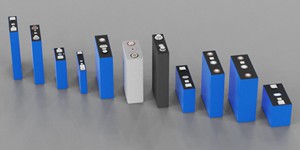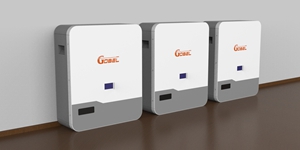FLEXIBEL
LiFePO4-Zellen-
Lösung Lithium Ionen Akku -
Lösung Lithium Eisenphosphat
Flexible is a versatile term in the German language that encompasses a wide range of meanings. At its core, flexible refers to something that is capable of bending or being adapted without breaking or becoming rigid. This concept extends to many aspects of life, from physical objects to abstract ideas. In the context of materials and products, flexible typically describes something that can be bent, twisted, or stretched without sustaining significant damage. This flexibility is often desirable in applications where durability and shock absorption are crucial, such as in the design of aircraft, automobiles, or medical equipment. In addition to its physical connotations, flexible also takes on a figurative meaning in German. It can describe someone who is adaptable, open-minded, and willing to change their perspective or approach as circumstances dictate. This flexibility is highly valued in personal and professional relationships, as it fosters effective communication, collaboration, and problem-solving. Further emphasizing its importance, flexible is also used to describe systems and processes that can be easily adjusted or modified to suit shifting demands or goals. In business, for instance, a flexible pricing strategy may involve adjusting rates to respond to changes in market conditions or customer demand. In summary, flexible is a multifaceted concept in German that encompasses physical and abstract attributes. By understanding the various nuances of this term, individuals can better appreciate its relevance in a range of contexts, from product design to interpersonal relationships. Whether describing a material, a person, or a system, flexible is a vital word that highlights the importance of adaptability, resilience, and effective communication in achieving success.
batterie lithium 12v 200aheisenphosphat kaufenliontron 200ah untersitz arcticlynx battery 48v 200ah lithium iron phosphate lifepo4 rechargeable prismatic deep cell battery with bms and preset cold temp cuteve 105 ahlifepo4 server rack batteryctechi 121016s lifepo4olalitio12 volt baittryliontron arctic nachrsunmart
















